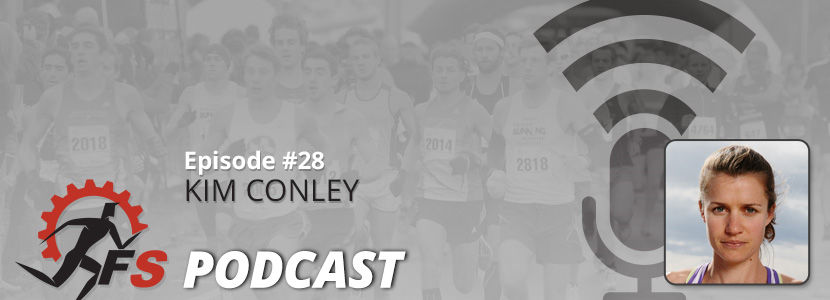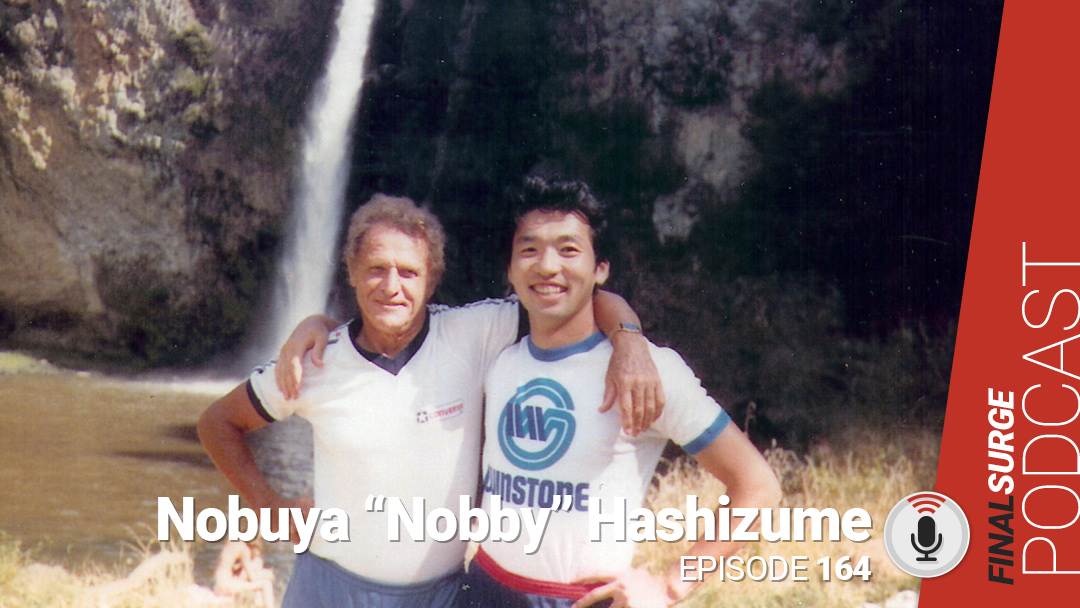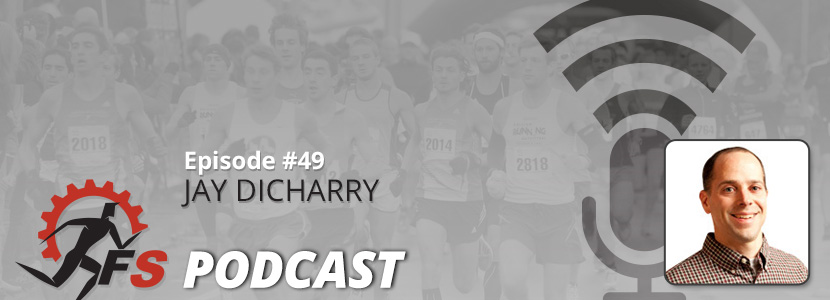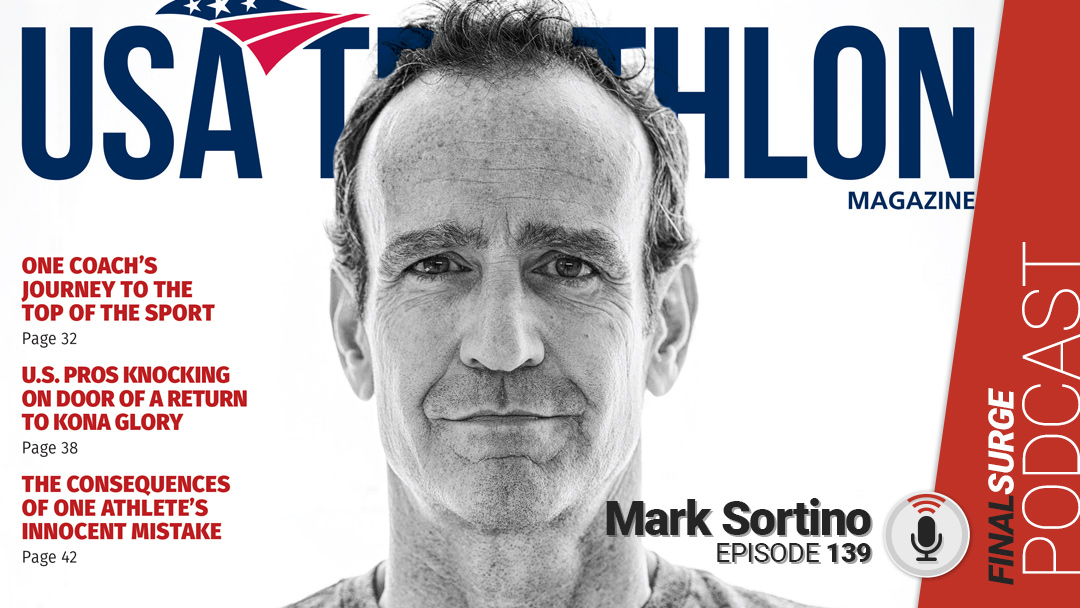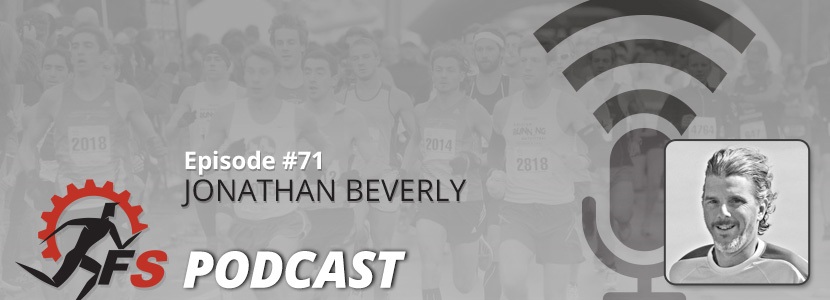Listen to the podcast on iTunes or listen to it on Stitcher if you have an Android device.
Stream it right here:
Kim, we always like to start out getting to know a little bit about our guests, can you tell our listeners how you got started in running?
So you started early in 6th grade, when was the point that you realized you were pretty good at this running thing and may have a future in it?
At what point did you start looking at colleges and what lead you to UC Davis?
When you were running in school what were your plans? Was running something to help get you through school or did you have aspirations of running post-collegiately?
Probably my favorite race of yours was the 2012 Olympic Trials. For those who don’t know the story let me set it for you. You did not have an “A” standard going into the Trials, and you needed the “A” to get to the Olympics. Julia Lucas had pushed the pace and you kept it so the “A” standard was within reach. Coming into the last lap it was still in question if you would be top 3 and if you would get the “A” standard. Can you walk us through the last lap of that race?
At this year’s Trials, you were one of the favorites to make the team in both the 10k and the 5k. You did make the team in the 5k, but in the 10k it was not the result you wanted when you lost a shoe during the race. Can you tell us what happened there and what went through your mind when you were deciding to continue or not?
If you had made it to the Olympics in the 10k what would you have done? Would you have run both events or picked just one of them?
You mentioned the US distance women are really deep. We can see that with the difference of how many women got the “A” standards in 2012 compared to this year. What do you think are the big differences right now in women’s distance running?
Do you think women are training differently or do you think it is more of the groups pushing each other?
You had a couple of 15:10’s this year before the Olympics. Were you happy with your race at the Olympics or is there anything you would have changed?
Do you think the struggle was because of something you did leading up to the race, or, is it simply that sometimes bad races just happen?
You made your marathon debut in New York this last fall, and you were coming off the Olympics where you had been training for the 5k. So how did your training have to change in the short time between Rio and NY?
Did you know you would be doing New York before Rio?
What type of differences were there in the volume you did for your 5k training vs. your marathon training?
What were your goals going into the race? How did you think it was going to go?
So you have a marathon under your belt now. Do you feel like you have a lot more marathons in your future?
So when will the next marathon be? Fall 2017 or likely 2018?
What did you do well that you would do again and what would you change in future training?
How about the race itself? What, if anything, would you have done differently?
What did you do about fueling during the race?
What was your diet like leading up to the race?
For an adult age group runner who maybe has run a lot of 5Ks and 10Ks, what advice would you have for them on making their marathon debut?
2017 is here and we are one week into the new year. What are your goals for this year?
What does a typical week this time of year look like for you?
Rapid Fire… 5 questions in under 1 minute
Favorite running book? – Wishing on My Father’s Star
Current trainers you are wearing? – New Balance Fresh Foam Vongo
Favorite race? – 5k on the road
Favorite recovery meal or recovery drink? – Hamburger
Your favorite piece of running equipment that is not your shoes? – Final Surge Training Log
You can find Kim online in the following places:
Team Final Surge


